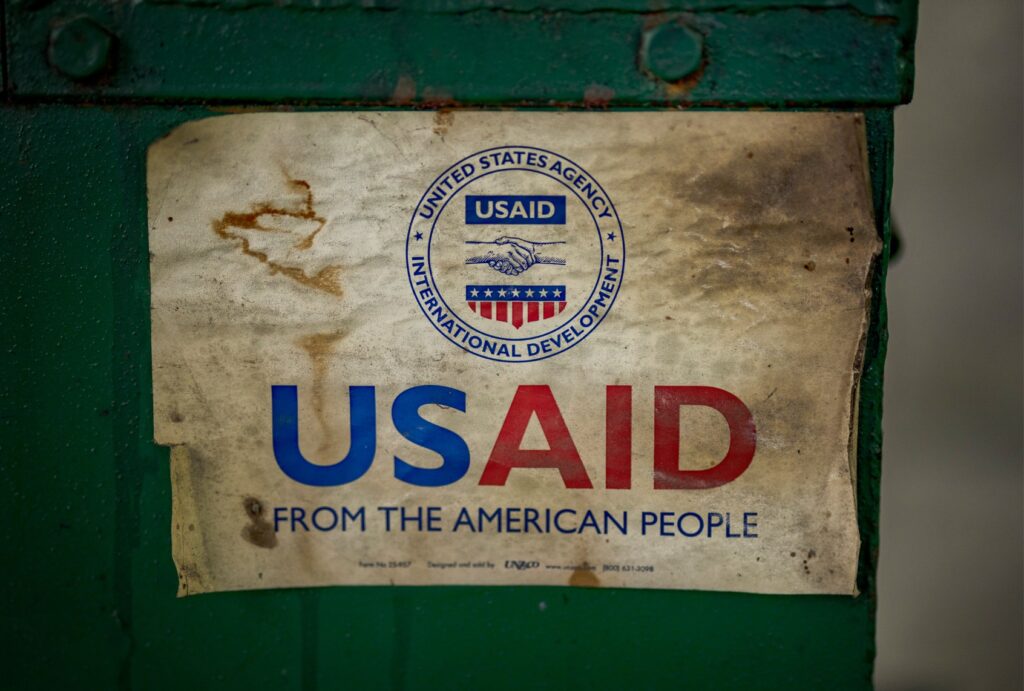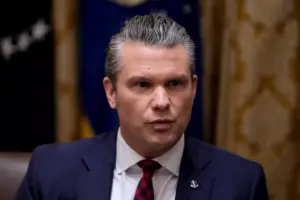
The recent actions of the Trump administration have significantly undermined the United States’ ability to project soft power globally, particularly through the actions taken against the United States Agency for International Development (USAID). This shift not only compromises humanitarian efforts but also positions America as a weaker player on the world stage, as critical health programs face severe cuts.
USAID, established as a successor to the Marshall Plan, has historically represented a vital component of American diplomacy and influence. The agency’s mission focused on providing humanitarian assistance and development aid, directly impacting health outcomes in various countries. Yet, under Trump’s leadership, the agency has seen drastic reductions in its funding and capacity, raising concerns among health experts and humanitarian organizations.
Consequences of Reduced Aid in Zambia
One striking example of this decline is in Zambia, where USAID assistance peaked at $409 million in 2024. Under the Trump administration’s proposed budget for 2025, this figure has plummeted to just $61.6 million, marking an 85% decrease. Such cuts endanger essential programs targeting diseases like HIV/AIDS, which previously received an average of $147.7 million annually. The implications for public health are dire, as thousands of lives depend on these critical services.
Despite the administration’s claims of prioritizing domestic needs, the humanitarian fallout from these decisions has become increasingly visible. The lack of funding means that many individuals who rely on life-saving therapies will not receive necessary treatments. This is particularly concerning for vulnerable populations, including mothers and children facing malnutrition and infections.
Misunderstandings and Misinformation
Compounding the issues is the administration’s mismanagement of information regarding USAID’s operations. In an example cited during a White House briefing, the press secretary claimed that a proposed $50 million grant for family planning services in Gaza was an attempt to provide funding to Hamas. This was quickly debunked, as the intended Gaza was actually a province in Mozambique. Such misrepresentations contribute to a growing skepticism about the administration’s understanding of global health needs.
The consequences extend beyond misinformation. Reports have emerged detailing the destruction of critical stockpiles, including 500 metric tons of high-energy food bars meant for malnourished mothers and children. These resources, now expired, will be discarded rather than utilized where they are most needed.
The humanitarian impact of these actions is being documented by reputable sources, including The New York Times and The Washington Post, which have highlighted the adverse effects of reduced funding on health outcomes and service delivery. Renowned medical journals have also published studies predicting worsening conditions in countries previously supported by USAID.
In summary, the Trump administration’s approach to foreign aid and global health has not only jeopardized the lives of countless individuals across the globe but has also diminished the United States’ standing as a leader in international humanitarian efforts. The historical precedents set by figures like George C. Marshall, known for their commitment to soft power, are starkly contrasted by the current administration’s actions, which appear driven by a disregard for the consequential long-term effects of such policies.
As the world watches, the ramifications of these decisions continue to unfold, prompting serious discussions about the future of American influence and the lives that hang in the balance.







